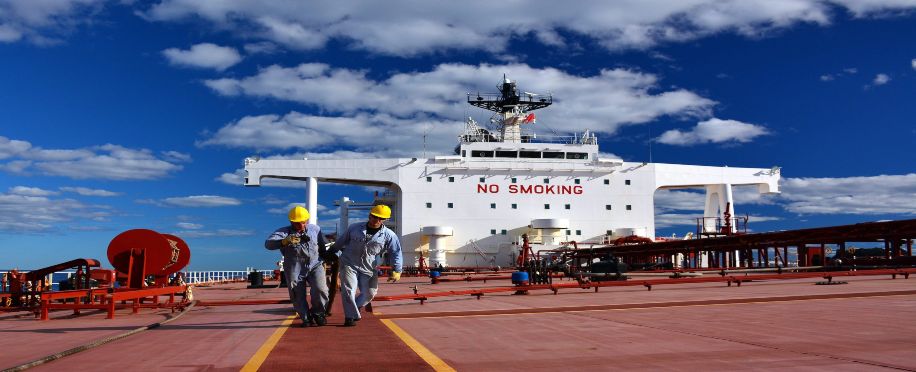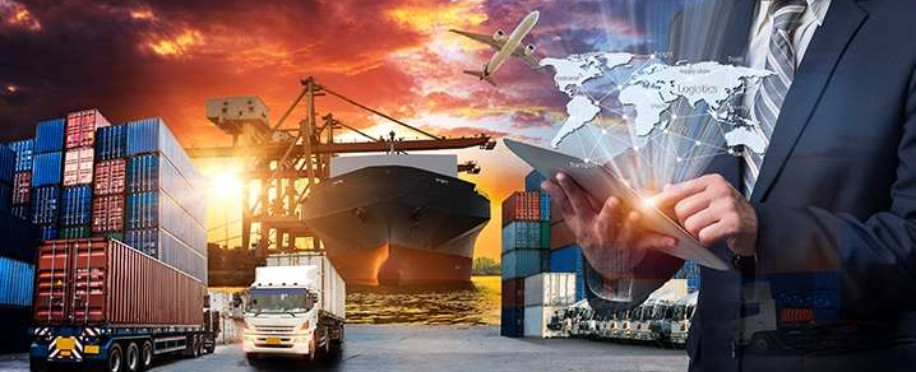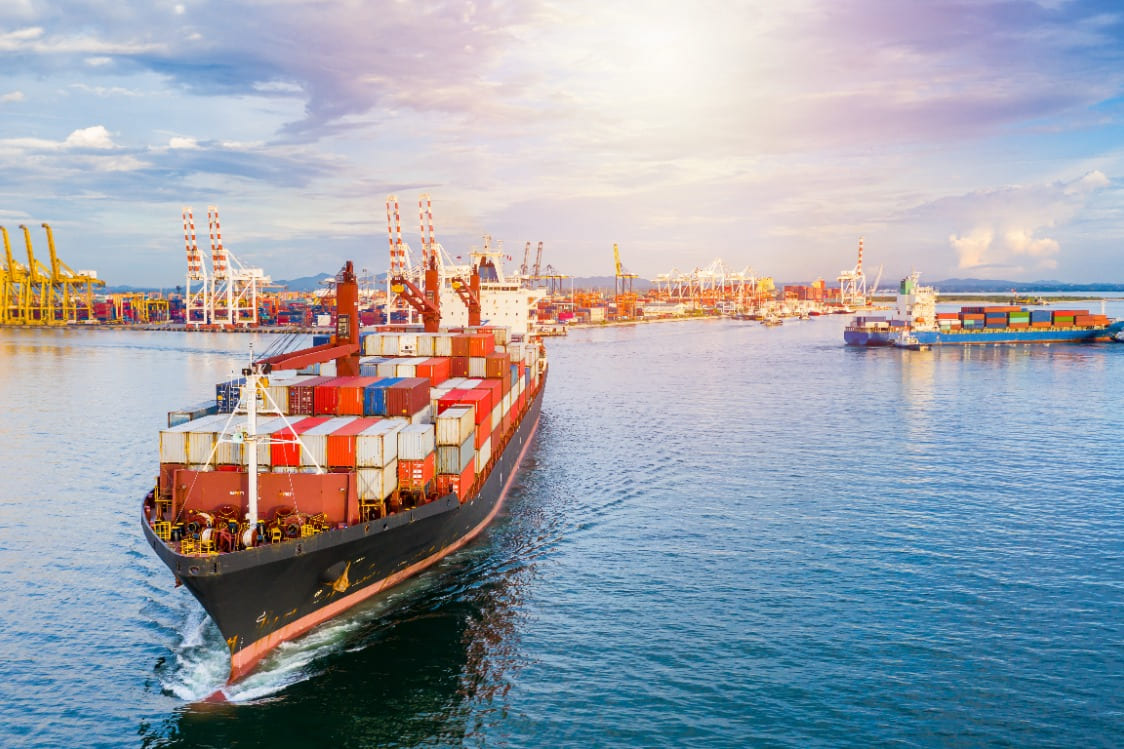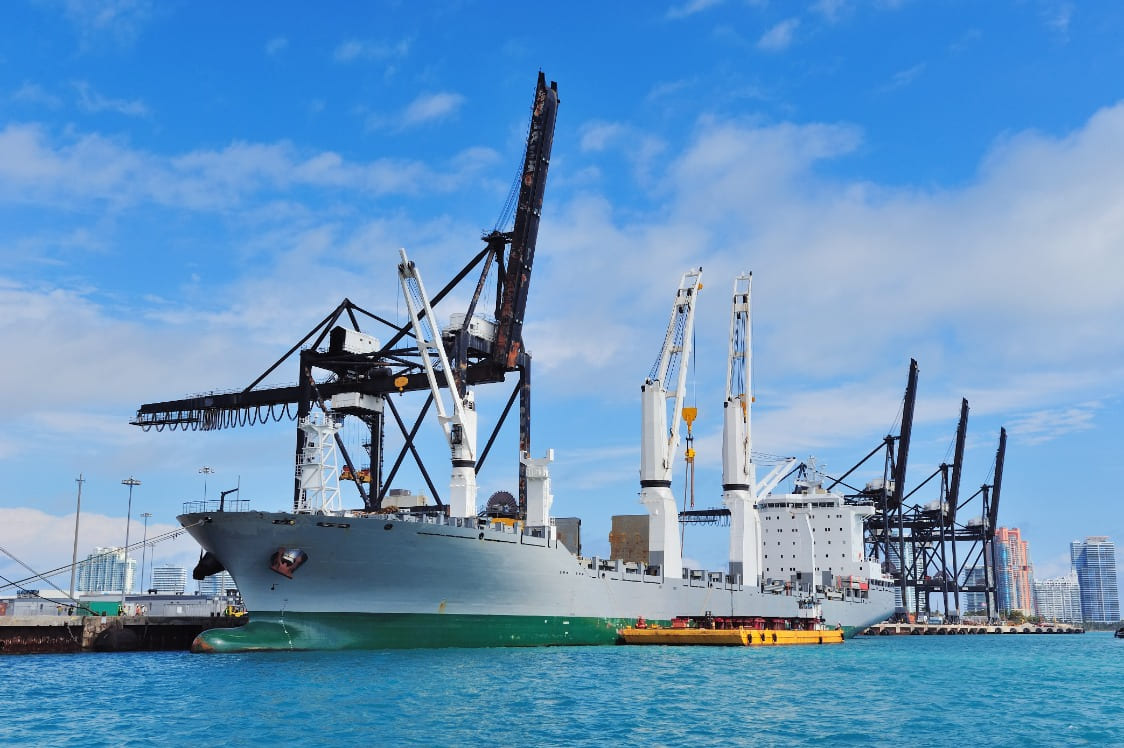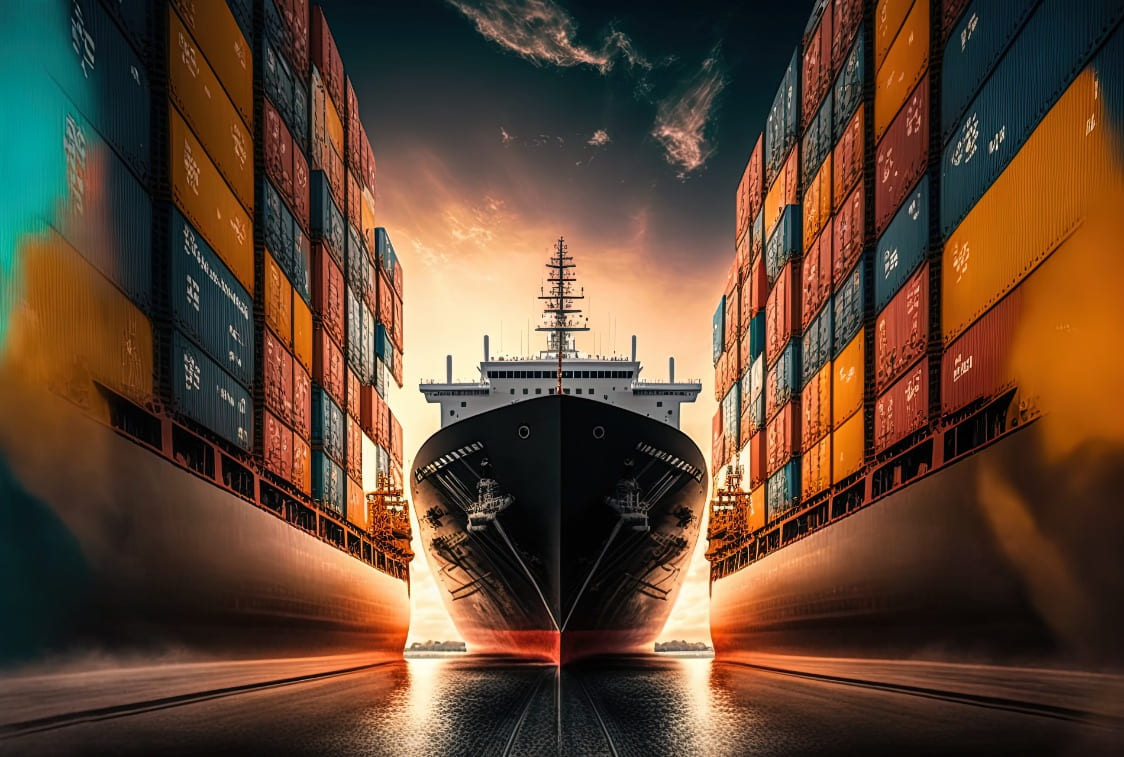The Rise of Autonomous Ships: Navigating the Future of Maritime Technology
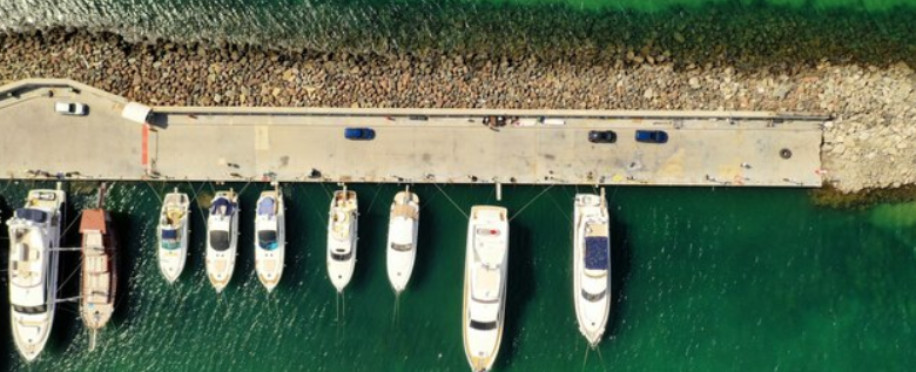
Posted on Feb 08, 2024 at 09:02 PM
All the technological development and innovation will impact the marine industry in various ways. The most significant development could be the invention and development of autonomous ships for commercial and industrial usage.
Moreover, the growth of autonomous ships is supposed to make maritime traffic more efficient and safer on all levels.
Today, we will share updated information about autonomous ships' technical requirements, benefits, and future expectations for autonomous vessels.
What Are Autonomous Ships?
Autonomous ships, also known as self-running ships, are unmanned or crewless ships. Are vessels that rely on sensors and AI technologies in some or all their operations?
Based on the degree of ship automation, these ships operate with limited or no direct human intervention. Based on the implemented technologies, autonomous ships could be managed from shore or the vessel while shipping.
Moreover, autonomous vessels use various operating technologies to navigate, monitor their surroundings, and make effective automated decisions.
The Main Component of Autonomous Ships:
Attending one of the professional maritime training courses will not only help you understand the concept of autonomous ships but also the essential technical components required to establish a mighty unmanned ship:

-
Sensors:
Different types of sensors are used in the maritime industry to help inspect and evaluate the ship’s surroundings during data-collecting.
These sensors include various types, such as radar, lidar, GPS, cameras, and other essential environmental sensors.
-
Artificial Intelligence (AI):
AI algorithms and machine learning are responsible for processing the data collected by the sensors. Based on these analyses, the AI makes decisions and adjusts the road and speed if needed. These steps aim to improve the overall maritime experience.
-
Communication Systems:
Advanced communication systems are used by autonomous ships, shore-based control systems, and maritime authorities to exchange data with other vessels.
Moreover, these systems are essential in the controlling and monitoring process.
-
Control Systems:
Based on the impact of sensors and AI algorithms, these control systems manage the propulsion, steering, and many other functions in autonomous ships. To guarantee safe and efficient ship operations in different conditions.
5 Benefits of Autonomous Ships:
The concept of autonomous ships is one of the greatest innovations shaping the future of shipping management. Especially with all its amazing benefits to the maritime industry and trade:
-
Improve Safety and Security:
Autonomous ships can operate with fewer or no crew members, reducing the risk of human error or mistakes due to fatigue or stress.
On the other hand, data security is a big challenge in developing autonomous ships. Yet, using advanced security features, including encrypted communication systems and cybersecurity protocol, can protect the vessels from different cyber threats.
-
Reduce Operational Costs:
Although autonomous ships have high building and development costs, they are more cost-efficient than manned vessels as they do not require accommodation, catering, or other crew-related expenses.
Moreover, autonomous ships can adjust and optimise the voyage routes, speed, and fuel consumption, resulting in better operational costs.
-
Increase Efficiency:
As autonomous ships rely on systems and machines to operate, they can function 24/7 without downtime. Leading to faster operations and shorter timelines.
On the other hand, environmental and weather sensors help ships adjust roads and schedules, helping them deliver the cargo in the best conditions without any risks.
-
Achieve Environmental Benefits:
Autonomous ships' capabilities to optimise routes and reduce fuel consumption will, by default, reduce greenhouse gas emissions compared to manned vessels.
More than that, autonomous systems can lower or prevent marine accidents and oil spills, reducing environmental damage.
-
Enhance Maritime Flexibility:
The use of autonomous ships means the capability to explore remote or dangerous locations efficiently without risking the crew's lives or safety.
Furthermore, this flexibility is highly appreciated, especially for testing new operations or routes.
Eventually,
The growth of autonomous ships does not eliminate the human element but rather empowers people with updated and practical new skills.
Therefore, take the needed step now and protect your future by taking the required courses.
